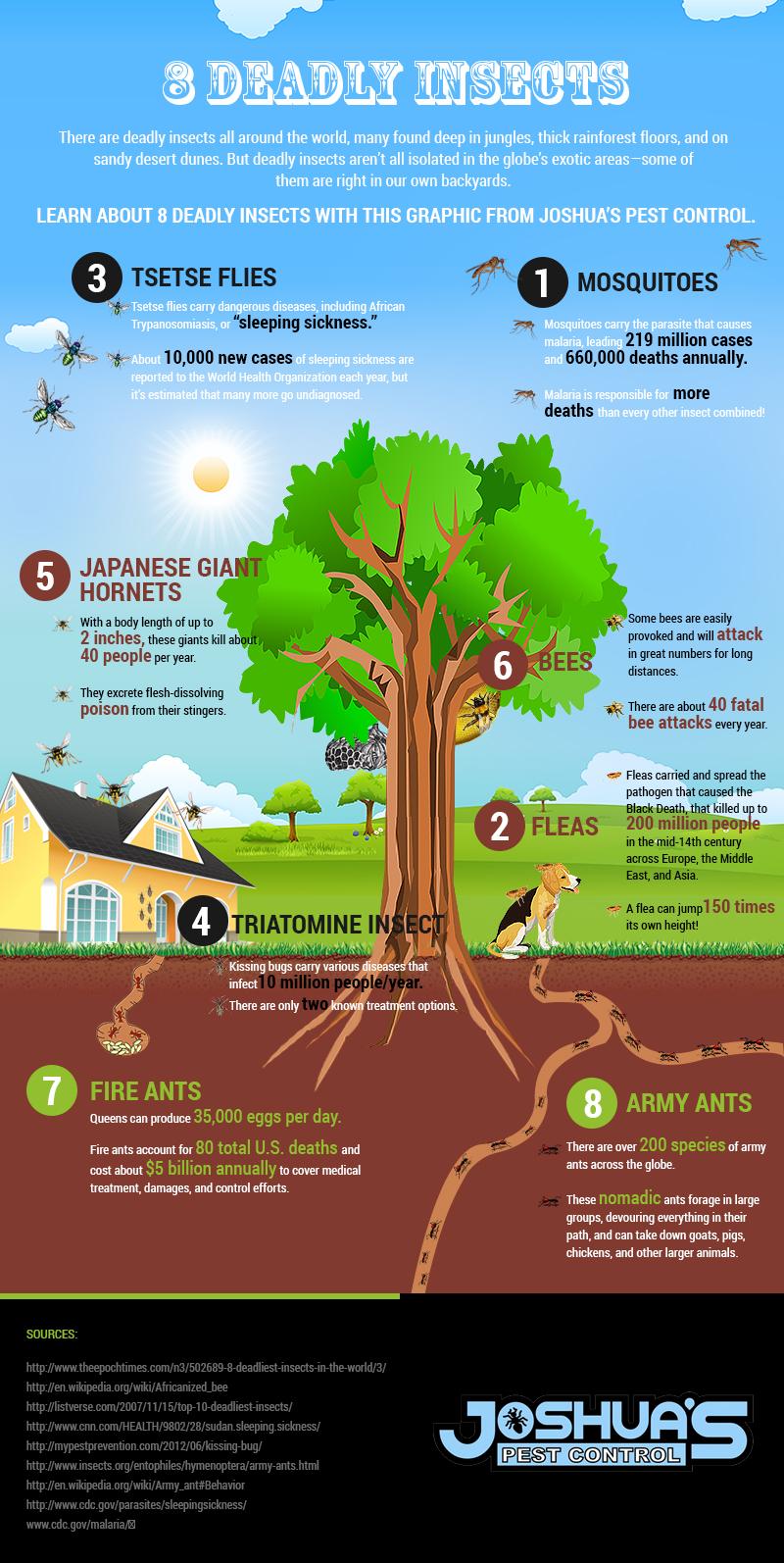Prepare To Transform Your Garden Into A Pest-Free Heaven With These Ingenious Ideas And Tricks
Prepare To Transform Your Garden Into A Pest-Free Heaven With These Ingenious Ideas And Tricks
Blog Article
Team Writer-Walters Pittman
Imagine your garden as a haven, a place of serenity and appeal. Nevertheless, the existence of outdoor bugs can rapidly interrupt this ideal photo. What if there were basic yet effective means to maintain these unwelcome site visitors away and shield your yard oasis? By complying with a few practical ideas and applying natural techniques, you can develop a harmonious exterior area where your plants can thrive undisturbed.
Natural Insect Deterrents
To maintain insects away from your yard naturally, plant aromatic natural herbs like mint and lavender. These great smelling plants not only add elegance to your yard however also serve as effective pest deterrents. Insects like insects, flies, and also some garden-damaging insects are fended off by the solid scents discharged by these herbs. Simply putting them tactically around your yard can help create an all-natural obstacle versus unwanted pests.
Along with mint and lavender, take into consideration planting other natural herbs like rosemary, basil, and lemongrass to even more boost your garden's pest-proofing abilities. These herbs not only act as all-natural repellents but additionally have actually the included benefit of working in cooking or crafting home made solutions.
Strategic Plant Placement
Think about the layout of your yard and the kinds of plants you need to tactically position them for optimum pest-proofing efficiency.
Beginning by grouping plants with similar resistance to pests with each other. By doing this, you can create a natural obstacle that hinders pests from spreading out throughout your garden.
In addition, placing pest-repelling plants like marigolds, lavender, or mint near even more vulnerable plants can aid protect them. Tall plants, such as sunflowers or corn, can serve as a guard for much shorter plants against parasites like bunnies or ground-dwelling bugs.
Remember to leave sufficient room between plants to boost air flow and lower the danger of conditions that pests might bring.
Furthermore, think about planting strong-smelling herbs like rosemary or basil near susceptible plants to confuse insects' detects and make it harder for them to situate their targets.
Effective Bug Control Approaches
For combating garden bugs successfully, implementing a multi-faceted insect control approach is essential. Start by urging natural killers like birds, ladybugs, and hoping mantises to aid keep parasite populations in check. Introducing plants that bring in these useful insects can help in parasite control. Additionally, exercising excellent yard hygiene by eliminating debris and weeds where bugs may conceal can make your garden much less congenial to undesirable site visitors.
Think about using physical barriers such as row cover materials or netting to shield susceptible plants from parasites like caterpillars and birds. Using https://howtoremoveratsfromyourho51628.targetblogs.com/27593296/undetected-hazards-insects-beyond-bed-bugs-that-may-be-concealing-in-your-house like neem oil or insecticidal soap can also be effective versus specific insects while being much less unsafe to valuable insects and the atmosphere. It's critical to revolve your plants each season to stop the build-up of parasite populaces that target specific plants.
Regularly check your plants for indicators of parasite damages so you can take action without delay. By incorporating these approaches and remaining watchful, you can successfully manage garden parasites and enjoy a thriving, pest-free yard.
Verdict
So, there you have it - with the right approaches, you can keep pesky outdoor parasites away from your yard and aid your plants grow.
Did linked resource site know that planting mint has been shown to ward off mosquitoes and various other insects, decreasing the need for harmful chemicals by as much as 60%?
By incorporating all-natural deterrents and smart planting techniques, you can produce a lovely and pest-resistant garden sanctuary for you to appreciate.
